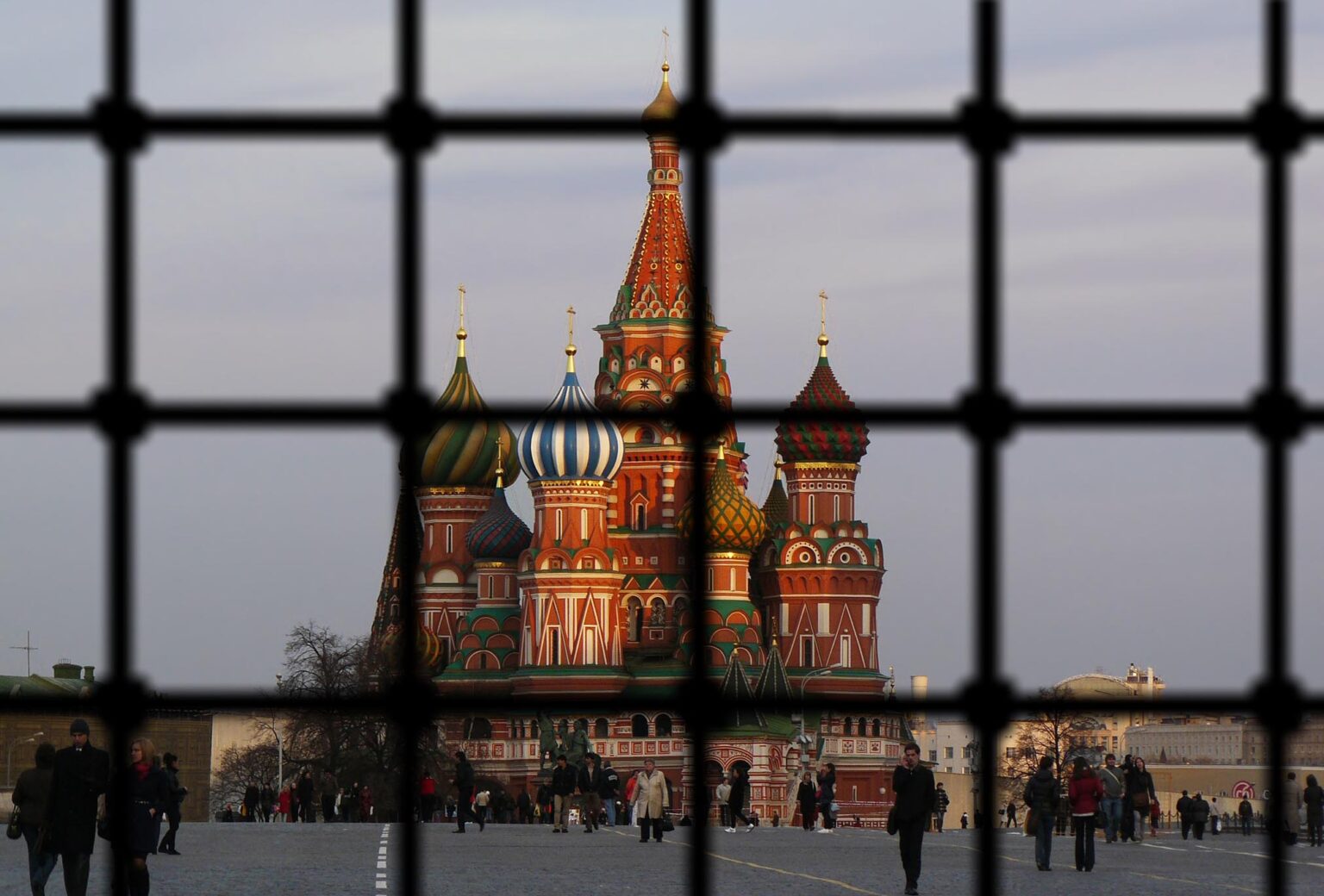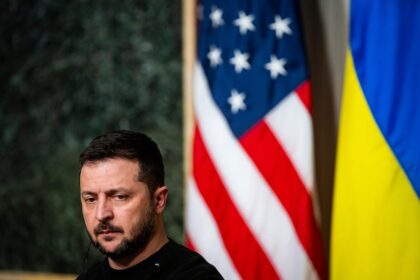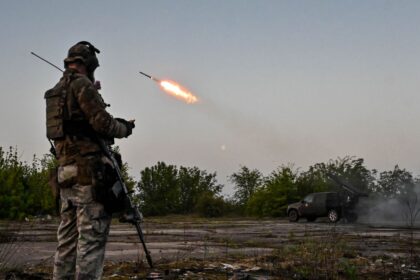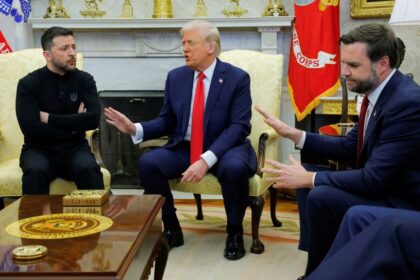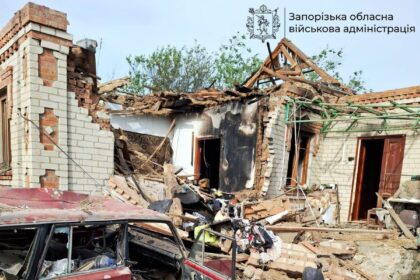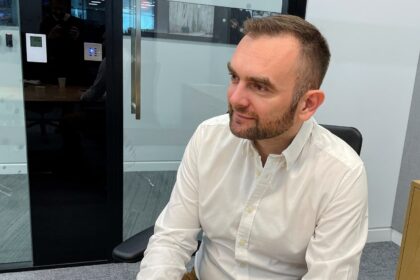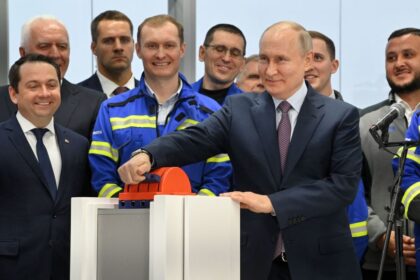**Ukraine Creates Modern-Day Nuremberg Tribunal to Prosecute Russia’s Top Leaders**
On May 9, the world witnessed two contrasting events: Moscow’s military parade in Red Square and the signing of a historic agreement in Lviv by diplomats from 39 countries. This deal paves the way for a Special Tribunal to investigate Russian aggression against Ukraine, which could label President Vladimir Putin, Foreign Minister Sergey Lavrov, and other top Russian officials as war criminals.
The new tribunal, modeled after the International Criminal Court, will have the power to impose life imprisonment, fines, and asset confiscation. Unlike the traditional Nuremberg trials, this court can function without a peace agreement in place, allowing it to hold trials even while the Russia-Ukraine conflict is ongoing.
**A New Era for International Justice**
Ukrainian experts compare this development to the creation of the Nuremberg tribunal after World War II. However, unlike that precedent, this new institution will be established during an ongoing war. The agreement’s focus on accountability and justice marks a significant shift in international relations, where leaders may face consequences for their actions.
The Special Tribunal will have the authority to hold trials in absentia, which is crucial given the low likelihood of Russia voluntarily surrendering its top officials. This means that verdicts against Putin, Lavrov, and others could be issued even if they remain physically in Russia.
**Key Players and Potential Targets**
The tribunal’s scope includes the indictment of top Russian leaders, such as Prime Minister Mikhail Mishustin, Belarusian President Alexander Lukashenko, and North Korean leader Kim Jong Un. The process of establishing the tribunal involves signing an enlarged partial agreement, which must be ratified by each participating country.
**A Long Road to Justice**
While significant progress has been made, this is only the beginning of a long journey towards accountability. The creation of the Special Tribunal faces obstacles, including the US’s withdrawal from the process in 2025. However, this setback strengthened the resolve of other participants and ultimately led to today’s historic decision.
The signing of this agreement marks a crucial step toward holding leaders accountable for their actions. As European capitals, including Berlin, Paris, and London, came on board, concerns about setting a precedent for Western leaders were alleviated. The logic of justice has prevailed, paving the way for a new era in international accountability.
**What’s Next?**
The next steps involve Ukraine’s Foreign Minister, Andrii Sybiha, officially delivering a letter to the Secretary General of the Council of Europe on May 14, declaring Ukraine’s intention to sign the agreement. The process is expected to be completed by 2026, with investigations starting simultaneously.
As the world moves toward this new era of international justice, one thing is clear: the issuance of verdicts against Russia’s top leaders would mark a significant step towards their official delegitimization as war criminals, even if they remain in Russia.




